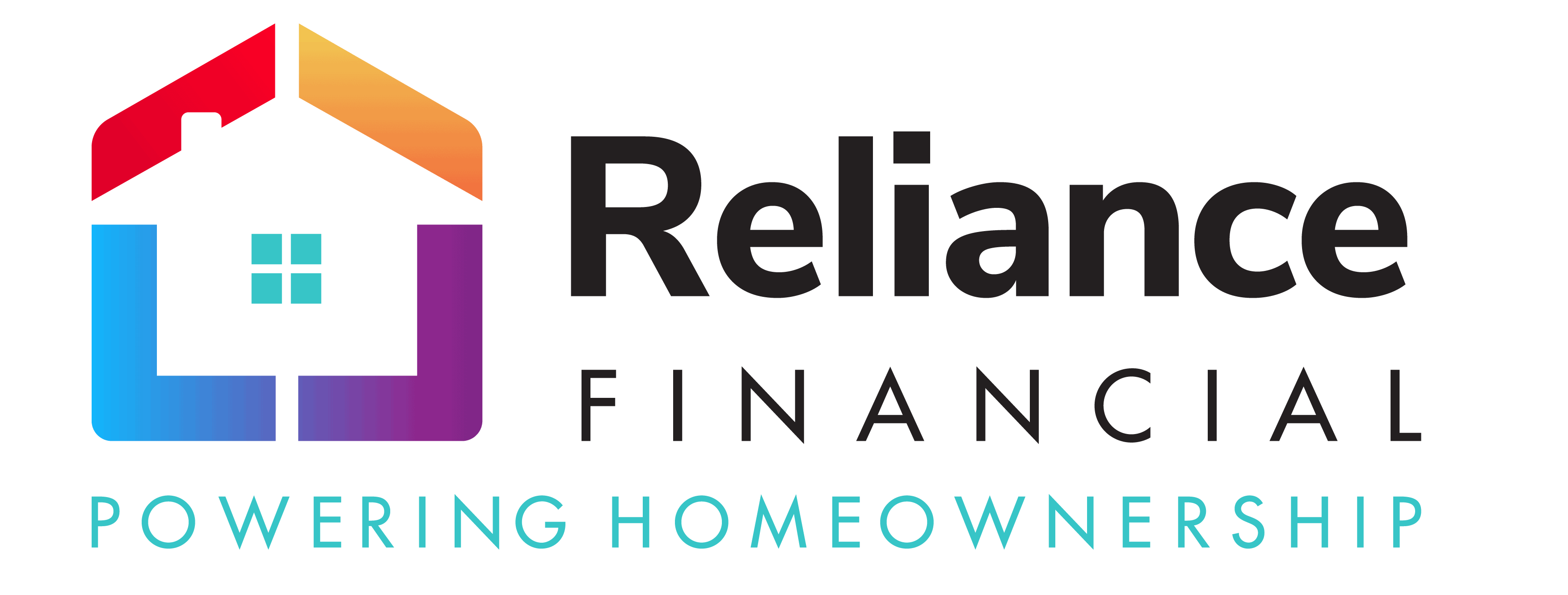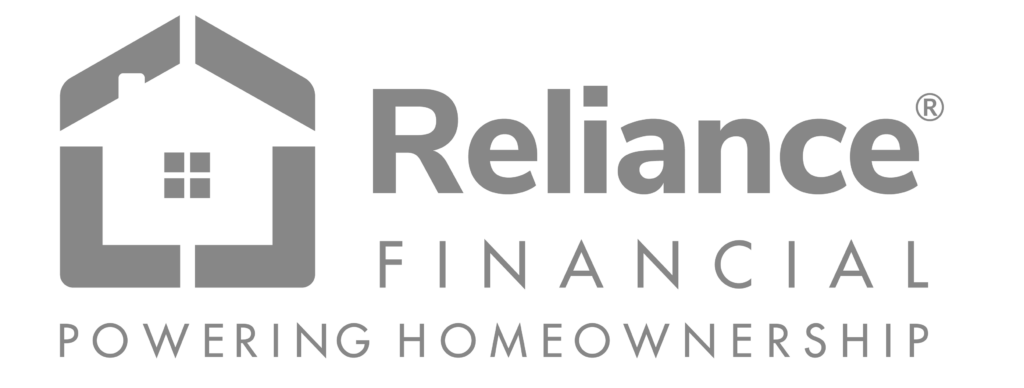Mortgage refinancing is an option that many homeowners explore at some point during their home ownership period. This involves replacing your old mortgage with a new mortgage, usually with better terms or taking cash from the equity you hold in your home.
The decision to refinance your mortgage should not be taken carelessly, as it can have serious financial consequences. Reliance Financial is committed to helping homeowners make informed mortgage decisions, and in this blog article, we will discuss the Right Time To Opt For Mortgage Refinancing.
What to Know Before You Refinance?
Mortgage refinancing is getting a new loan to pay off your old mortgage. This new loan often should either come with a lower interest rate or optimal terms that can save you money over the entire life of your mortgage. Homeowners also refinance to take cash from the equity they have in their homes. A cash-out refinance may entail a higher rate than you currently have, depending on where mortgage rates are on cash-out refinances. Whatever your motivation for refinancing, there are a few numbers you should run before applying:
- Your Current Interest Rate – When interest rates drop below your current rate, it may be a good opportunity to refinance and lower your monthly payments. Check your latest mortgage statement to confirm your interest rate. However, if interest rates have increased, assess whether the other benefits of refinancing outweigh the extra interest.
- An Estimated Loan Amount For your Refinance – Know the loan amount whether you are simply refinancing the balance on your mortgage or looking to take out a larger loan for cash-out purposes.
Top Four Things To Consider Before Refinance Your Mortgage
Before starting the refinancing process, consider four important things listed below:
Credit Score
The interest rate you qualify for is heavily influenced by your credit score. Better refinancing terms are frequently associated with a higher credit score. Review your credit report before applying, correct any inaccuracies, and work on improving your credit if necessary.
Loan Term
When refinancing, decide whether you want to keep the same loan term as your previous mortgage or if you would like to increase or decrease the term. Shortening the tenure will increase your monthly payments while saving you money on interest throughout the life of the loan. Increasing the tenure can reduce the monthly payments while increasing the overall interest payments.
Closing Costs
Refinancing sometimes involves a variety of closing costs, which may include appraisal fees, application fees, origination fees, escrow and title insurance fees, and other associated expenses. Although you have the option of paying these closing charges upfront or rolling them into your new loan, it is important to consider the long-term impact on your loan balance and subsequent interest payments. You may also qualify for a ‘no closing cost’ loan. Based on the rate you opt for, the lender can provide you with a credit that can be apply towards your closing costs.
Financial Objectives
Consider your financial objectives and how refinancing fits within them. Your objectives will be a guiding factor in determining the best refinance option for you, whether it’s a rate-and-term refinance, cash-out refinance, or streamlined refinance.
Apart from these four factors, it is important to thoroughly analyze the terms and conditions involved in any refinance offer, which may include prepayment penalties and other related expenses. Consulting with a mortgage professional or financial advisor can provide you with vital insights to make an informed decision tailored to your individual financial circumstances and goals.
The Right Time to Choose Mortgage Refinancing: A Step-by-Step Guide
Reliance Financial has a team of licensed mortgage professionals committed to regularly monitoring interest rate movements and market conditions. They give homeowners current information and analysis, allowing them to make informed decisions about when to refinance. You can benefit from the experience of Reliance Financial and take advantage of favorable market conditions by maintaining contact with them.
Here is when it is the right time to opt for mortgage refinancing:
Low-interest rates
If mortgage interest rates have dropped since you took out your mortgage, a rate-and-term refinance may be able to get you a lower rate. By refinancing to a lower rate you can save thousands of dollars over the life of your loan.
Eliminate Private Mortgage Insurance (PMI)
If the value of your home has increased, you may be able to refinance to avoid paying PMI on conventional loans or mortgage insurance premiums on FHA loans. Most conventional home loan options require you to pay PMI until you reach 20% equity. On typical FHA loans, the MIP is not canceling until the loan is paid off.
Calculating the Break-Even Point
Closing costs are often associated with refinancing and can total several thousands of dollars. Calculate your break-even point to see if refinancing makes financial sense. This is the extent to which the potential savings from lower monthly payments balance the closing costs.
Change in Financial Situation
These modifications may make you a more attractive borrower, potentially leading to better mortgage terms. Also, consult with financial advisors or mortgage experts to ensure you make informed decisions that best fit your changing financial situation and long-term goals.
Evaluating Closing Costs
It is important to consider the closing costs associated with the new loan when refinancing. Closing costs usually include the appraisal, title search, application, and other fees. Reliance Financial advisors can give you a detailed breakdown of these expenses and advise you how long it will take to recover them through your monthly savings.
Adjustable-Rate Mortgage to Fixed-Rate Mortgage
To take advantage of low initial interest rates, many homeowners start with an adjustable-rate mortgage (ARM). However, as these rates change, the monthly cost may increase. Reliance Financial helps customers determine when it is smart to move from an adjustable-rate mortgage to a fixed-rate mortgage. This can help keep your monthly housing bills stable and predictable.
Conclusion
When it comes to Reliance Financial mortgage refinancing, timing is of the essence. Whether you want to cut your monthly payments, reduce the term of your loan, or access the equity in your home, Reliance Financial is here to assist you in the process and create a solution. Make an informed decision that will best suit your long-term needs. Don’t miss out on potential savings and financial possibilities by consulting with Reliance Financial to determine the right time to opt for mortgage refinancing.








